
Call for Artists for Co-Design
 January 11, 2021
January 11, 2021
The Pinnguaq Association and Nordicity are seeking to work with Nunavut-based Inuit artists to co-design digital platforms to promote Inuit Art.


The Pinnguaq Association and Nordicity are seeking to work with Nunavut-based Inuit artists to co-design digital platforms to promote Inuit Art.
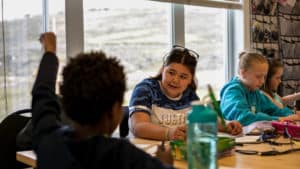
For the Government of Canada’s 2019 Smart Cities Challenge, Pinnguaq partnered with a group of Nunavut-based organizations to submit a proposal on behalf of the 25 municipalities in Nunavut.
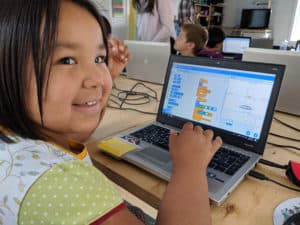
Many of us would like to be more knowledgeable about the programs and algorithms that power our lives. But where to start?
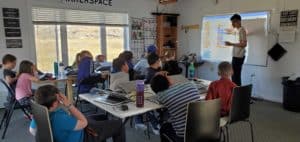
Mac Pavia began working with Pinnguaq as a student intern at the Makerspace in Iqaluit, Nunavut, running after-school programmes for youth and coordinating summer camps.
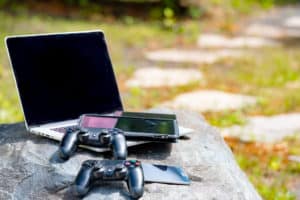
The phone calls started about six years ago. Worried parents or caregivers would reach out to Ember Schincariol and Karlee Gutmann, mental health professionals in Thunder Bay, Ontario.

Aaron Labbe was in his second year of studies at SUNY Fredonia’s School of Music when he suffered a mental breakdown so bad it caused a heart arrhythmia. He was rushed to hospital, where he spent three days in intensive care and nearly a week in the cardiac unit.
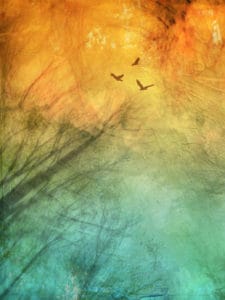
As the saying goes, the best camera is the one that’s with you. When you have your camera ready at all times, you
are able to capture that perfect photo moment more often.
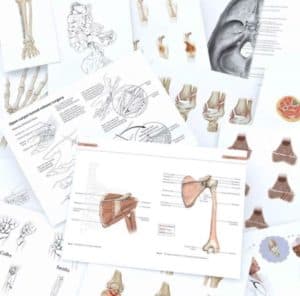
The scientific method comes with a certain vocabulary. For example, it prioritizes objectivity, research, impartiality and rationality.
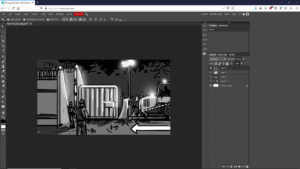
In 2017, Kids Help Phone (KHP), a free resource that provides mental health support and counselling via telephone or the Internet, noticed that Indigenous youth were using the service in relatively small numbers.
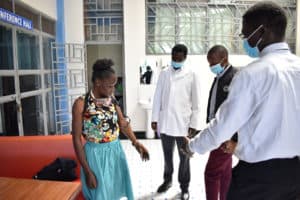
While fast, reliable access to prosthetic devices can be difficult to obtain in communities outside urban centres, the process becomes much easier when you have a 3D printer close at hand.
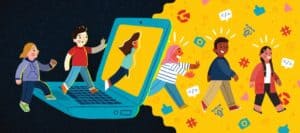
As the economy, and society, becomes increasingly dependent on digital expertise, Pinnguaq’s Digital Skills for Youth program is helping prepare young people for successful careers while meeting the growing needs of their communities.
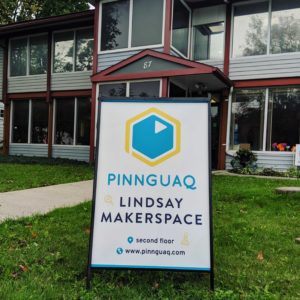
It has been such a journey this past year! We started with an empty white walled room and transformed it into a space jam packed with excited community members who are exploring, making, creating, thinking, playing, sharing, learning, unlearning, hacking, discussing, and so much more. It’s hard to believe that a year ago, on October … Continued
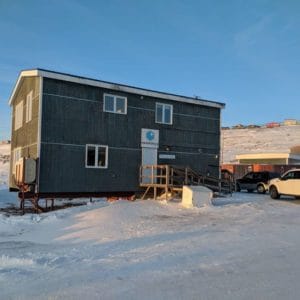
In March 2020 we, like the rest of the world, had to pause, pivot and innovate on the way we serve communities in light of the Covid-19 epidemic. Our focus remained on developing S.T.E.A.M educational resources for rural and remote communities across Canada. Between April and June 2020 we saw over 8000 learners and educators … Continued
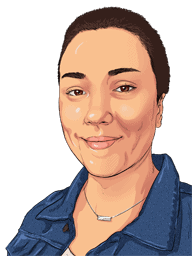
Alyssa Amell, one of Pinnguaq’s Digital Artists, has started at Fleming College for Graphic Design – Visual Communication this fall!

On August 14, 2020 Pinnguaq held a week long workshop partnered with Kids Help Phone to create an animated short video. Learn more about it inside!

In this post we talk about all the amazing things we have done as recipients of the DS4Y program from 2018 to 2020. Stay tuned for an exciting announcement coming soon!
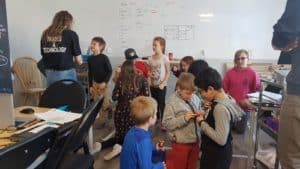
Lindsay Makerspace teacher Becky writes about her favourite activities she had taught students! Read about the fun experiences had, and how these activities impacted the Lindsay Makerspace.
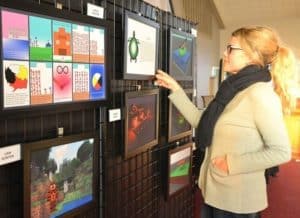
In August 2019 the Pinnguaq staff and some volunteers had the pleasure to work with youth members of Curve Lake First Nations, read about what happened!
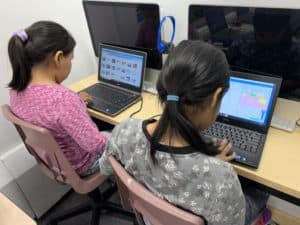
In the 21st century our education system and the economic world around us is constantly changing. Children are being encouraged to explore technology at a much younger age than ever before. Why is this important?
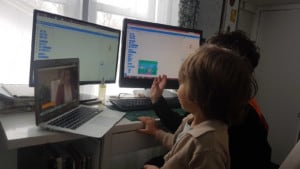
Pinnguaq invites you to participate in an exciting season of’ Virtual Summer Camps!
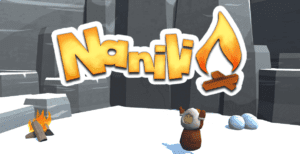
Pinnguaq is introducing a game called Nanili! This game was created to show players how to code in an engaging and easy-to-use programme.
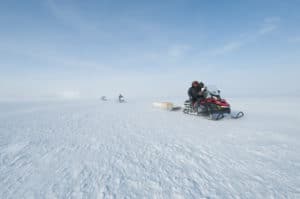
In 2010, Labrador endured what became known as the “Year of No Winter,” making travel over ice extra dangerous. Learn how a team of scientists and Inuit collaborated on a project to monitor ice safety in a changing climate.
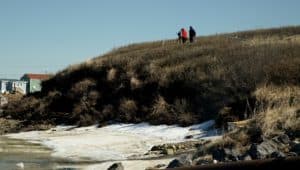
A group of Inuvialuit youth in Canada’s High Arctic have a message for climate change deniers across the world: “It’s happening to us!”